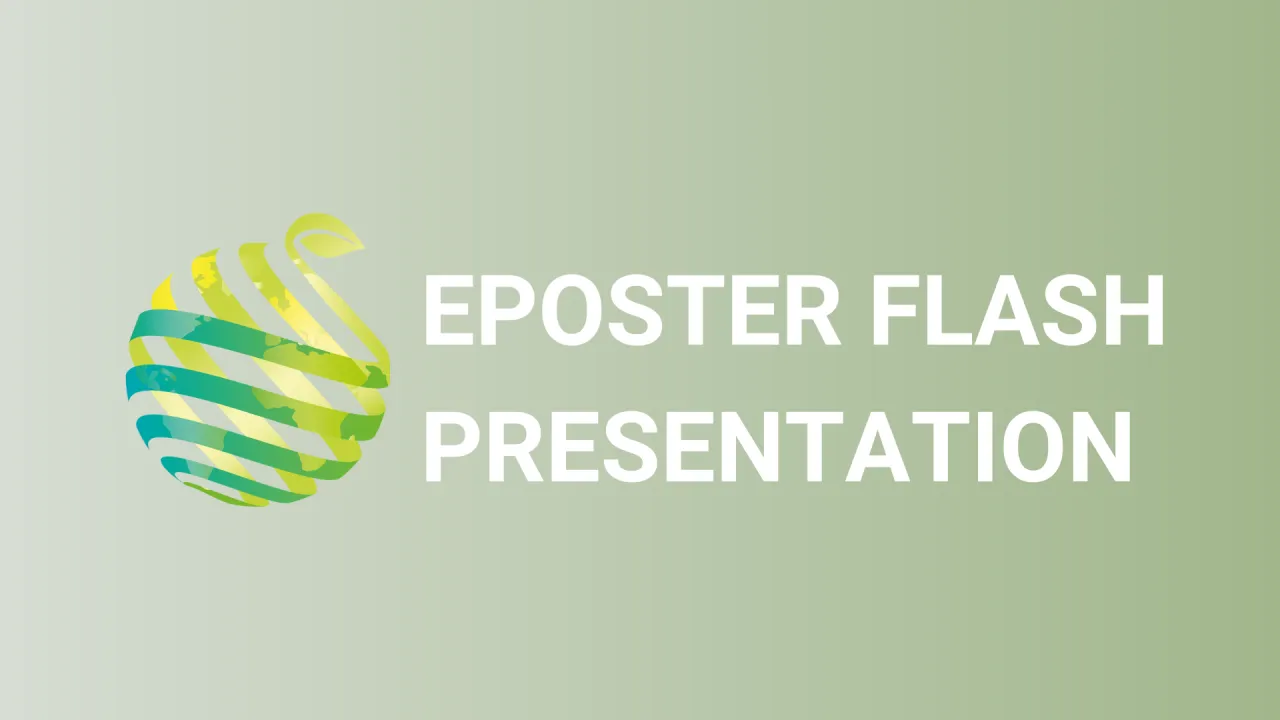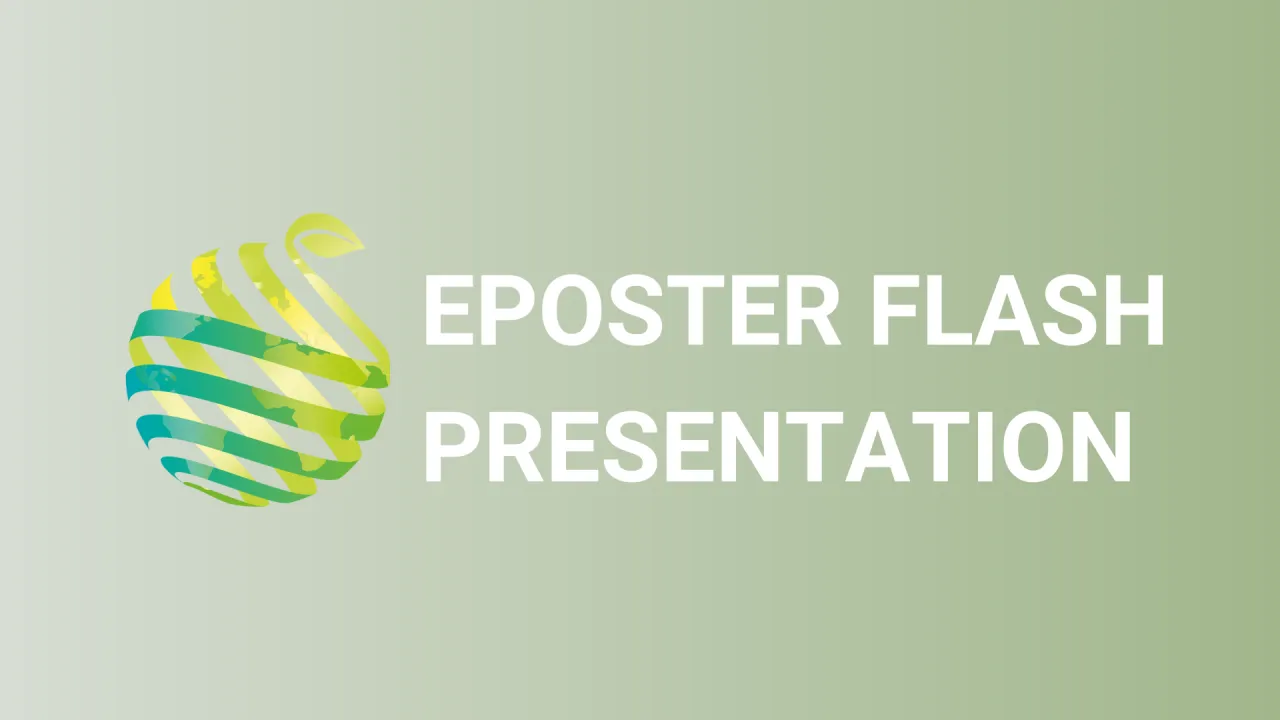

S09 - Session P4 - Uptake of lead by lettuce from moderately contaminated urban allotment garden soil: effect of self-produced composts
Information
Authors: Laure Vidal-beaudet *, Alice Kohli, Liliane Jean-Soro, René Guénon
Composts can potentially reduce the mobility of trace elements in contaminated soils and their uptake by vegetables by modifying pH and sorption capacity of the soil. In the context of home gardens, the specific effects of self-produced composts introduced into the soil remain poorly studied. The aim of this study was to select from 60 self-produced composts, three composts with contrasted elemental composition and biochemical properties. Hence 1 community compost and 2 home composts were retained. Two experiments under controlled conditions were conducted with lettuce ( Lactuca sativa ) grown in 1 L pots filled with an urban home garden soil with moderate Pb contamination (106 mg.kg -1 ). The self-produced composts were applied with doses ranging from 25 to 200 t.ha -1 . A municipal and an industrial compost were used as references. Trace element concentrations, pH, electrical conductivity and dissolved organic matter parameters were monitored in soil pore water over 70 days. Trace element contents were measured in lettuce roots and leaves after 35 days of growth. In the soil pore water, trace element concentrations increased immediately with the addition of the municipal, the community and only one home compost. The concentrations of Pb, Cd, Cu and As increased 10-, 5-, 4- and 3-fold with 200 t.ha -1 of community compost compared to unamended soil, reaching 3.4, 0.32, 134 and 36 µg.L -1 , respectively. Pb concentration in soil pore water was notably correlated with dissolved organic carbon (R 2 =0.49, p=1.10 -4 ). In lettuce leaves, Pb content remained low and did not exceed the European regulatory threshold of 0.1 mg.kg -1 fresh weight (EEC/R1881, 2006). But in roots, the content reached 0.6 mg.kg -1 fresh weight and varied significantly with the type of compost and its dose. This could be a problem for root vegetables.